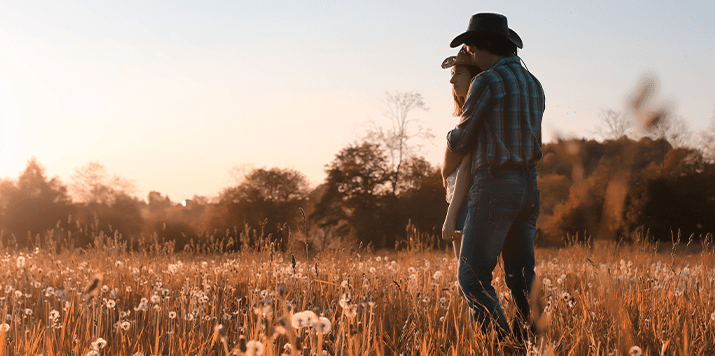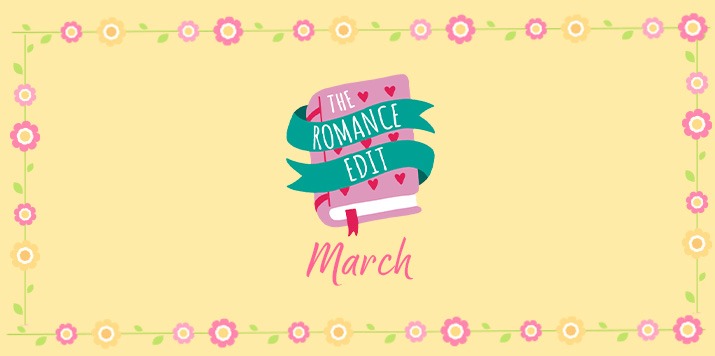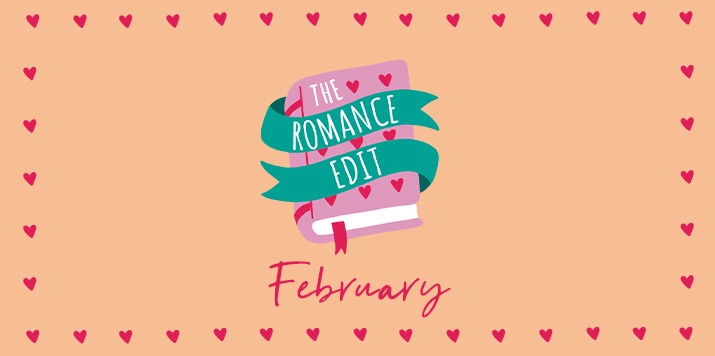Whether you’re polishing up your entry for the Warriors Wanted Blitz or looking for some general historical romance writing advice, the Mills & Boon editors and authors share their top tips to make your story stand out from the crowd…
*
First, let’s hear from the editors…
“For me, the opening few lines to a story can make or break a submission… being thrown directly in to a dramatic, tense, fast-paced moment, or being pulled into some witty, clever banter between characters, can be just the thing to ensure we’re physically unable to put the story down! Make your opening scene memorable (in the right way!) and you’ll have given your submission the best chance possible of being picked up!” – Vic Britton, Commissioning Editor
“Historical worlds are some of the most fun to create (and to read!) but all that world-building means that secondary characters can sometimes steal the limelight from your central characters. To keep your story focused, ask yourself whether the appearance of a secondary character moves the central relationship forward or offers a fresh insight into your protagonists. If not, ask yourself if it needs to be there…” – Nic Caws, Editor
“Historicals require lots of research to help create that richly evoked ‘world’. But the key to using it in your story is knowing what to include and what to leave out! Think of all those setting and world building details you’ve researched like the background to a painting. They should give context, without dominating the subject (your hero and heroine’s story and romantic journey).” – Sheila Hodgson, Senior Editor
“You could write the same love story a thousand different ways. But, as an author, it’s your job to work out what is the most exciting, unique path that will lead your hero and heroine to their Happily Ever After. Uniqueness comes from character development – it’s only through getting right inside your characters’ heads that you’ll avoid the trap of cliché.
If you’re stuck – don’t worry, it happens to everyone! – take a step back and write down everything you know about your hero and heroine. Think about their lives outside the confines of the story and, importantly, what’s happened to them before page one of their romance. It’s this knowledge that could help you to answer questions like ‘Why would he do this’ or ‘How will they overcome this?’ and ensure that your hero and heroine are truly original.” – Hannah Rossiter, Editorial Assistant
“I look for stories which immerse me immediately, from P1, into the atmosphere of the chosen time period. I want to feel the bite of cold as a wounded warrior struggles to find shelter in a winter landscape, or the pang of excitement and fear as a debutante takes to the dance floor for the first time, in the arms of the best-looking man in the room. Research is important in creating an authentic historical backdrop, although it’s the life and emotion you give to your characters which will draw readers into the world you have created around them.” – Linda Fildew, Senior Editor
“You only have one chapter to grab our attention so make sure we can really get a sense of your writing voice and the emotional tension between your characters from the start! I would advise writing the second, and maybe even the third, chapter before you submit so you can get a feel for where you want the story to go. This in turn will allow you to fine tune the opening chapter.” – Chere Tricot, Editorial Assistant
“A dramatic, exciting, fast-paced plot is great, but it’s the central characters who are the beating heart of a romance. Ensuring they are complex, well-rounded and likeable individuals is crucial to keeping readers invested in their story. And when they come together on page, make sure their chemistry is spine-tinglingly electric!” – Carly Byrne, Editor
*
And now, to our Historical authors are here to help! It’s all in the detail—so what do our authors do in preparation for writing their next novel?
Terri Brisbin, author of A Healer for the Highlander, says…
- In a series romance, the main plot is the love relationship, so be careful not to move your focus to secondary characters or plots.
- Real history is the setting and location of your story, but it’s not the whole of your story. Let those wonderful details and tidbits you’ve researched enhance the story and enrich it.
Sophia James, author of Their Marriage of Inconvenience, says…
- Make yourself a realistic daily goal of words and stick to it.
- Have a special little notebook somewhere close by to jot down ideas.
- Either directly or indirectly, sometimes a past connection between the main two characters helps.
Blythe Gifford, author of Rumours At Court, says…
- Do a final check to be sure the words you use are accurate for the time period you’re writing about. Many concepts we take for granted are very modern. For example, in a manuscript set in the fourteenth century I wrote something about “the King’s ego”. It wasn’t until my final read-through that I remembered that although the word “ego” is Latin, the concept of “ego” in personality was invented by Freud in the twentieth century!
Bronwyn Scott, author of The Temptations of Lord Tintagel, says…
- Do one thing every day for your writing: edit yesterday’s pages, outline tomorrow’s chapter, read revision notes from your editor, post a Facebook blog, write a chapter…
Marguerite Kaye, author of The Inconvenient Elmswood Marriage, says…
- Think about modern dilemmas that readers will relate to, then put them in a historical context. For example, second-chance romance and the baggage that an older couple might bring along to that.
Michelle Styles, author of Conveniently Wed to the Viking, says…
- The Viking Age might have been brutal, but that doesn’t mean your hero is! And don’t forget strength begets strength: a strong hero requires a strong heroine.
- Social structures and customs might have changed, but basic human emotions remain the same.
- Primary documents and the latest archaeological research will give real insight into what life was like in the period. Watch TV shows based on the era so you can see how various set designers portray interiors, clothing and hairstyles.
Millie Adams, author of Claimed for the Highlander’s Revenge, says…
- The emotional core of the romance is the most important thing. That comes down to character. Research and setting are important, but for it to matter the story needs to be grounded in characters the reader connects with.
Carol Townend, author of The Princess’s Secret Longing, says…
- Think about characters and their dilemmas. Put them through the mill, then give them their HEA.
- Think about places—towns, castles, marshes… Observe everything. Stories hide in humble pebbles.
- Make friends with questions. Why does the heroine think this way? What is she hiding?
Catherine Tinley, author of Rags-to-Riches Wife, says…
- Do your research but use historical details as subtly as you can. Readers often know their history already, but they love new ways of seeing life in another era. They are looking for an experience, not a history lesson.
Melissa Oliver, author of The Rebel Heiress and the Knight, says…
- Read as many Historical Romances as you can get your hands on.
- Create character biographies for your hero and heroine so you can “get to know” them.
- The beginning of your book should be as engaging as possible—you want readers to continue reading because they simply can’t put it down.
*
We hope you find these tips useful! For more writing inspiration join the Warriors Wanted blitz bootcamp from 1 – 5 June on the Harlequin Writing Community group on Facebook. And keep an eye on soyouthinkyoucanwrite.com for more details about the blitz and how to submit.



